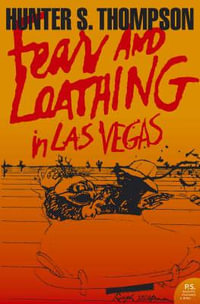
At a Glance
Paperback
$68.51
or
Aims to ship in 7 to 10 business days
ISBN: 9780700621118
ISBN-10: 0700621113
Published: 1st June 2015
Format: Paperback
Language: English
Number of Pages: 232
Audience: General Adult
Publisher: University Press of Kansas
Country of Publication: US
Dimensions (cm): 22.6 x 14.9 x 1.5
Weight (kg): 0.34
Shipping
| Standard Shipping | Express Shipping | |
|---|---|---|
| Metro postcodes: | $9.99 | $14.95 |
| Regional postcodes: | $9.99 | $14.95 |
| Rural postcodes: | $9.99 | $14.95 |
How to return your order
At Booktopia, we offer hassle-free returns in accordance with our returns policy. If you wish to return an item, please get in touch with Booktopia Customer Care.
Additional postage charges may be applicable.
Defective items
If there is a problem with any of the items received for your order then the Booktopia Customer Care team is ready to assist you.
For more info please visit our Help Centre.
You Can Find This Book In
This product is categorised by
- Non-FictionBiographies & True Stories BiographiesHistorical, Political and Military Biographies
- Non-FictionPolitics & GovernmentPolitical Science & Theory
- Non-FictionHistoryMilitary HistoryAmerican Civil War
- Non-FictionHistoryRegional & National HistoryHistory of the Americas
- Non-FictionPolitics & GovernmentPolitical Structure & ProcessesPolitical Leaders & Leadership
- Non-FictionHistoryEarliest Times to Present DayModern History from 1700 to 1900
- Non-FictionSociety & CultureSocial GroupsEthnic StudiesEthnic Minorities & Multicultural Studies























